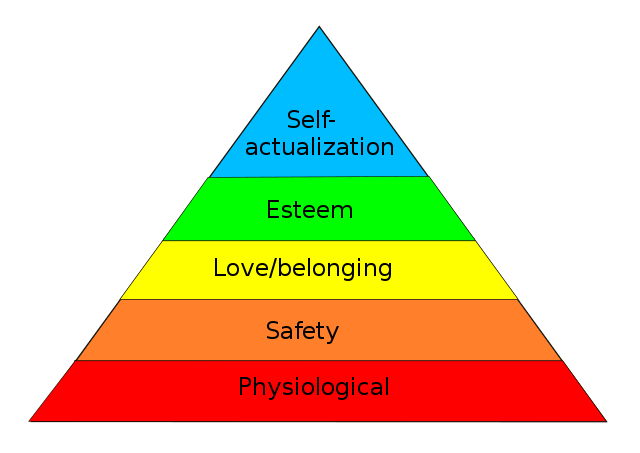Happiness isn’t something you can buy in the shop or online and as such has no price.
You only need as much money as you feel is necessary to live safely.
Psychologist Maslow put “financial security” in the second base level, safety needs, in his 1943 paper “A Theory of Human Motivation”.

Happiness doesn’t equate to anything but to the mind finding a degree of acceptance and peace with the world surrounding. And subsequent joy in that acceptance and life.
One of the most popular, although currently slightly less mainstream, philosophies pursuing a state of “satisfaction and acceptance, happiness as such, with the world around” one - although “ultimate happiness” isn’t necessarily the goal - is stoicism.
Stoicism focuses mostly on “doing right”- although I would rather frame it as “not doing bad”, reason, and understanding of the surroundings. One of the most important elements in the stoic philosophy is that everything is “ephemeral”, a principle, an understanding which allows you to look differently at things.
Let’s have a look at two significant quotes by two of the greatest stoic philosophers”
> “Sickness is a hindrance to the body, but not to your ability to choose, unless that is your choice. Lameness is a hindrance to the leg, but not to your ability to choose. Say this to yourself with regard to everything that happens, then you will see such obstacles as hindrances to something else, but not to yourself.” (— Epictetus)
> “Always observe how ephemeral and worthless human things are, and what was yesterday a speck of semen tomorrow will be a mummy or ashes.” (— Marcus Aurelius)
Combined with the knowledge, and acceptance, that we can only control how we ourselves act and behave - as well as what we let influence our own mind - it becomes easier to understand that happiness is a choice, rather than something defined and tangible. It’s a self-defined state of mind which we define ourselves. Or allow to let be defined by others (like peers or media and advertising).
Yet, as Marcus Aurelius also said:
> “The mind in itself has no needs, except for those it creates itself. Is undisturbed, except for its own disturbances. Knows no obstructions, except those from within.” (— Marcus Aurelius)
Remember that children, unperturbed by knowledge, news, peer pressure, etc. are happy at any given time. Because they haven’t yet learned what is “supposed to make them feel bad”.
All this in an attempt to show that money isn’t something which can help you find happiness. Because happiness is what you define it to be for yourself. Understanding “existence”, our own position in life, our desire to be able to choose virtue over wealth, our ability to understand that everything is opinion, and also that most things in life happen outside of our own control...
... all that will allow us to define, our find happiness. Although, I would rather call it peace of mind.
You only need as much money as you “need” to feel secure, or be comfortable in mind with. Happiness is something totally different. If you think money and happiness are related... you haven’t yet understood happiness.
> “Beware of overconcern for money, or position, or glory. Someday you will meet a man who cares for none of these things. Then you will know how poor you are.” (— Rudyard Kipling)
References:
Maslow’s Hierarchy: https://en.wikipedia.org/wiki/Maslow's_hierarchy_of_needs